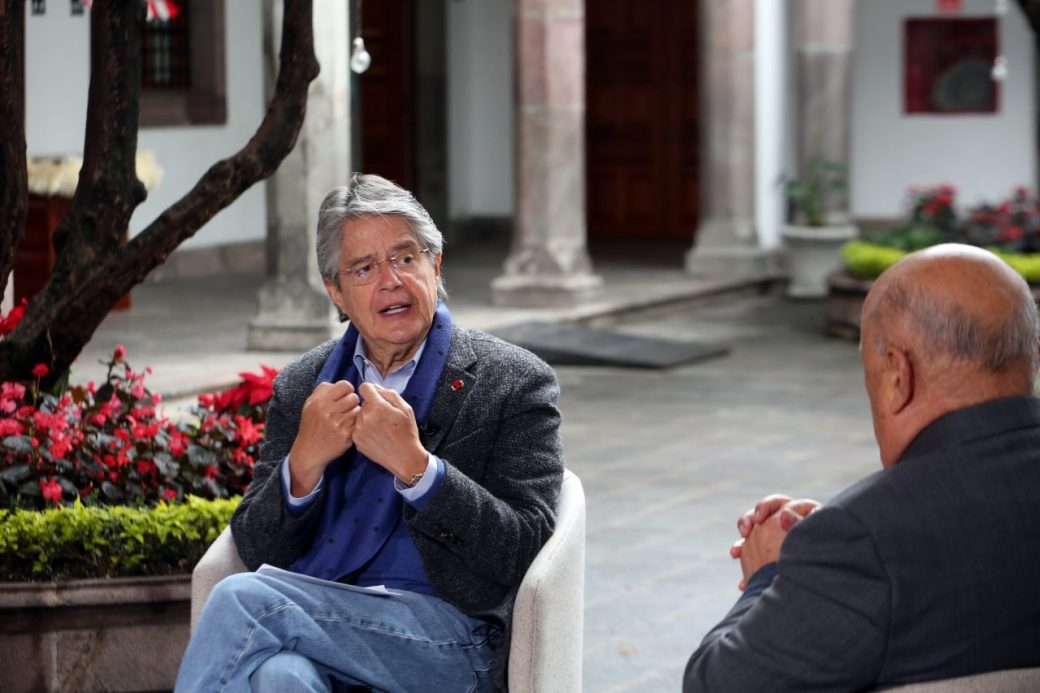Victor M. Toledo
OR
one thing is to domesticate and another very different master. In order to survive, reproduce and expand, humanity domesticated nature and was at the same time domesticated by it. It was a reciprocal phenomenon, a coevolutionary process. Domesticating implies knowing, exploring, questioning and dialoguing with what is domesticated. It carries delicacy. On the contrary, the one who dominates imposes, crushes, suppresses, overwhelms and exploits. Of the 300 thousand years, the time of existence of the human species, only until about 4 thousand years ago did the domesticating impulse prevail. Then he began to be replaced by an unprecedented desire to dominate. Hierarchical societies appeared and the dominance of some over others and over nature became normal. Parasitic and predatory elites appeared that exploited human and nature’s labor. Today we have reached the pinnacle of this situation with the arrival of industry, science, technology, capitalism and fossil fuels (coal, oil, gas, uranium). Today we suffer the results.
As noted above, this progressive domestication of nature also domesticated the human species. It was civilizing it in social terms: it humanized it. As the scale and power of domestication increased, human groups learned to work collectively through cooperation, consensus and agreements, tolerance and solidarity, knowledge and memory. This has been annulled by industrial modernity and its cognitive, economic and technological apparatuses. Sick with amnesia, the modern era has ended up imposing the mandate of its worldview: the dominance of the human over the natural and the masculine over the feminine. We are living in a new age of barbarism. The paradox is overwhelming: despite the advances and achievements of the modern world, its main flaw, its cardinal sin, is the pathological desire to dominate, its obsession with power. And this marks both the state and capital, the party and the market, the government and the company. The famous Czech philosopher Karel Kosik, who lived through both the communist phase and the capitalist era, stated in his book Antediluvian reflections (Itaca, 2012): “The system of real socialism that failed in Central and Eastern Europe worked convinced that the superior reason of society was personified and embodied by the Party, which therefore had the monopoly and inalienable right to direct, order and regulate anything: from the economic, the political and the cultural to the scientific and the military … Likewise, the market today attributes a monopoly position and refuses to tolerate that something different, different, can be at its height and even less Above him. The market is a mortal danger for culture ”.
As we argued in our previous installment (https://bit.ly/33rTD30), only social or citizen power can limit and nullify that double threat that for thousands of years has subsumed human beings. Today we can identify on an individual scale what bureaucrats and bourgeois alike adopt as pathological behaviors. The modern
hides a state of barbarism that claims competition, greed, individualism, ambition, the insatiable desire for power. This is present equally in those who govern through the State (regardless of ideology) as in those who head companies and corporations. For this reason, in the neoliberal phase, complicity or collusion between rulers and capitalists has been so easy. The world is sick of corruption and robbery, as witnessed by the increasing number of events, failed governments, the excessive growth of monopolies and fortunes, social inequality and ecological destruction. This comes from the loss of a civilizing evolution based precisely on values opposed to those of modern and industrial society. Pride is the trait that guides modern
, which is opposed to humility that affirms a very valuable attribute: compassion, which is the ability to forgive and be forgiven.
We need to visualize and build a postmodern world that identifies pride as the evil to be conquered, and that puts in its place a ethics of humility and compassion
, which is, by the way, the one adopted by citizens who acquire consciousness (see my book The civilizionaries, 2019). Today anyone can identify pride in the public official, in the employer, in the most modest employee, in the relative or in the colleague. This will mean resuming the process abandoned by a civilization that barely represents 0.1% of human history. This means facing the contradiction on a psychological scale that feeds, maintains and increases the tremendous social and environmental crisis that threatens us today.








